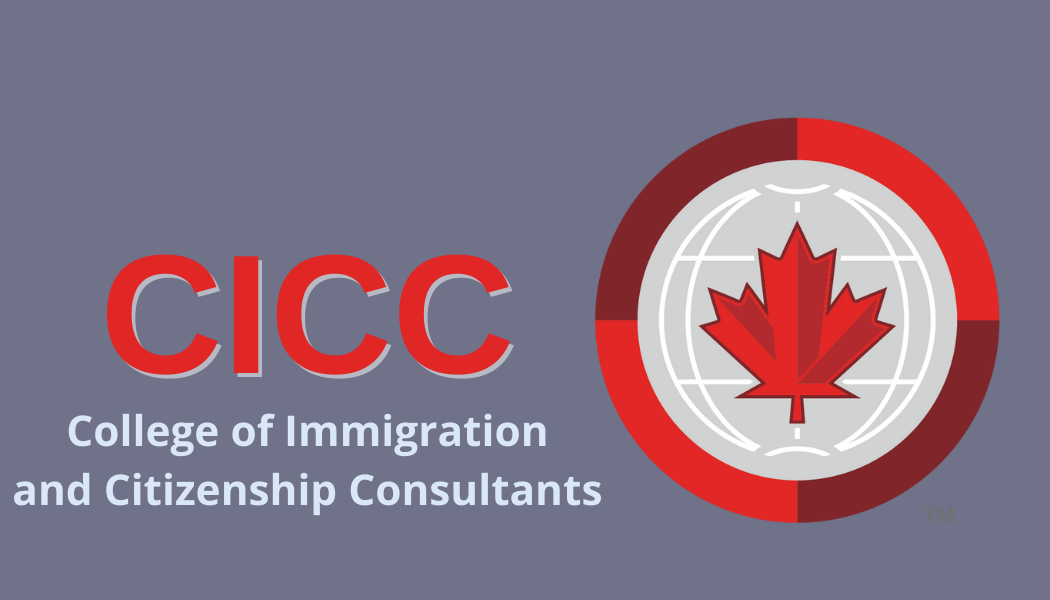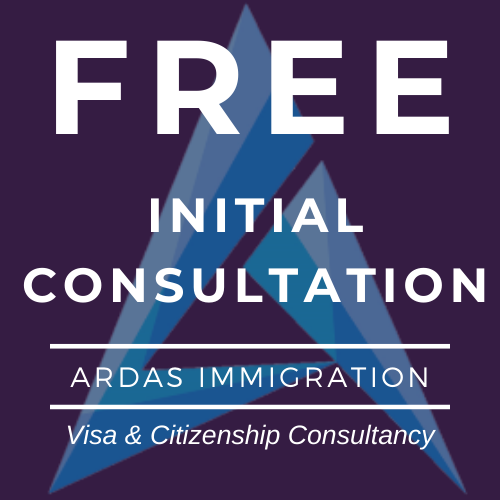RURAL AND NORTHERN IMMIGRATION PILOT
To be eligible for the Rural and Northern Immigration Pilot Program, you must meet all IRCC eligibility requirements. You must
- have qualifying work experience or have graduated from a publicly funded post-secondary institution in the recommending community
- meet or exceed the language requirements
- meet or exceed the educational requirements
- prove you have enough money to support your transition into the community
- intend to live in the community
- meet community-specific requirements
Work experience
You need 1 year of continuous work experience (at least 1,560 hours) in the past 3 years.
To calculate your hours of work experience
- count the hours worked in part-time and full-time jobs
- The hours must be in 1 occupation, but they can be with different employers.
- The hours must be over a period of at least 12 months.
- These working hours can be inside or outside Canada.
- If you worked in Canada, you must have been allowed to work in Canada.
- don’t count hours you weren’t paid for (volunteering or unpaid internships don’t count)
- don’t count hours when you were self-employed
Your work experience must include
- most of the main duties and all the essential duties listed in your National Occupational Classification (NOC)
- the activities listed in the lead statement of your NOC
International students
You’re exempt from the work experience criteria above if you’re an international student who graduated with
- A credential from a post-secondary program of 2 years or longer and you
- were studying as a full-time student for the full duration of the 2+ years
- received the credential no more than 18 months before your application for permanent residence
- were in the community for at least 16 of the last 24 months spent studying to get your credential
or
- A master’s degree or higher and you
- were studying as a full-time student for the duration of your degree
- got your degree no more than 18 months before your application for permanent residence
- were in the community for the length of your studies
You cannot apply as an international student if your credentials are from a program in which
- studying English or French made up more than half of the program
- distance learning made up more than half of the program
- a scholarship or fellowship was awarded that requires you to return to your home country to apply what you learned
Language requirements
You must meet the minimum language requirements based on the NOC category that applies to the job offer in the community. This can either be the
- Canadian Language Benchmarks (CLB) or
- Niveaux de compétence linguistique canadiens (NCLC)
The minimum language requirements for each NOC category are
- NOC 0 and A: CLB/NCLC 6
- NOC B: CLB/NCLC 5
- NOC C and D: CLB/NCLC 4
You must submit your results from a designated language test. These results must be less than 2 years old when you apply.
Educational requirements
You must have
- a Canadian high school diploma or
- an educational credential assessment (ECA) report, from a designated organization or professional body, showing that you completed a foreign credential that’s equal to Canadian secondary school (high school)
- The ECA report must be less than 5 years old on the date of your application.
- If the ECA report was issued by a designated organization, the original report must have been issued on or after the date the organization was designated.
Settlement funds
Unless you’re already working legally in Canada when you apply, you must prove you have enough money to support yourself and any family members while you get settled in your community.
You must prove you have enough money to support any family members you may have, even if they’re not coming to Canada with you.
Intend to live in the community
To participate in the pilot, you must plan to live in the following community.
|
North Bay, ON |
|
Sudbury, ON |
|
Timmins, ON |
|
Sault Ste. Marie, ON |
|
Thunder Bay, ON |
|
Brandon, MB |
|
Altona/Rhineland, MB |
|
Moose Jaw, SK |
|
Claresholm, AB |
|
Vernon, BC |
|
West Kootenay (Trail, Castlegar, Rossland, Nelson), BC |
Source: Canada.ca




